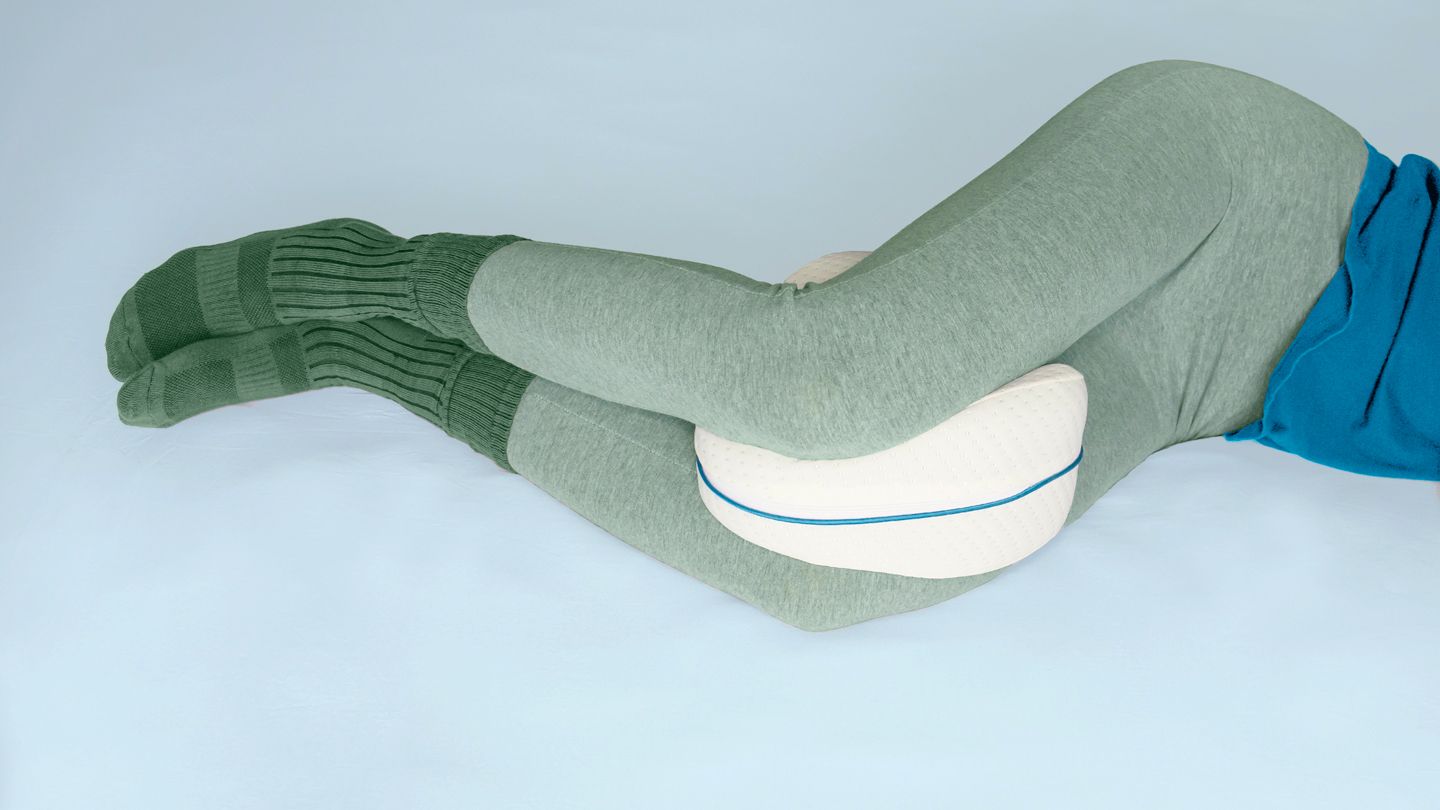Joint pain. Itchy skin. Swelling in your hands and feet. The symptoms of psoriatic arthritis not only cause fatigue during the day, but can also make it hard for you to sleep at night.
And the longer you go without getting good sleep, the worse your quality of life may become, since a lack of good sleep may lead to more pain. “There’s a cycle people get into where they have pain, so they don’t sleep. And then they feel more pain, and they don’t sleep well,” says Dr. Smith.
That’s why it’s important to do what you can, right now, to sleep better at night. These tools and aids can help you do just that.
1. A Supportive Mattress
The best mattress for you is the one that feels the most comfortable, but you may find that a firm mattress offers optimum support for your joints. When buying a new mattress, think like Goldilocks: It shouldn’t be so firm that it worsens your joint pain. It should feel just right.
2. A ‘Knee’ Pillow
3. Cooling Sheets … or Electric Blankets
If you tend to run hot at night, try sleeping on cooling sheets. On the flip side, if you’re always freezing at night, try warming up your bed with an electric blanket before you climb in.
Either option can work for psoriatic arthritis, says Smith, so it’s all about “trying to make a very comfortable environment, so you can maximize your sleep.”
4. Soft Pajamas
5. An Alarm Clock
… to tell you when it’s time to go to bed. “I tell people to stick to a regular sleep schedule,” says Smith. Going to bed at the same time every night can tell your body to release melatonin — a hormone that helps you nod off — at a certain time.
Smith also recommends setting up a schedule that limits caffeine to the morning and alcohol to at least a few hours before bed. Exercising regularly during the day can also help you sleep easier at night. “Try not to spend hours in bed, doing work, reading books, or staying on your phone,” she says. “In general, staying in bed for a long time isn’t conducive to good sleep hygiene.”
6. A CPAP Machine for Sleep Apnea
“People who have sleep apnea tend to have unrefreshing sleep, even if they feel like they’re getting enough rest,” she says. It’s not always easy to know whether you have this sleep disorder. Some symptoms include feeling excessively tired during the day, snoring loudly, and waking up with a dry mouth or headache.
The Takeaway
- Psoriatic arthritis symptoms can make it harder to get quality sleep at night, which can have an impact on how you feel each day.
- Certain tools, such as a supportive mattress, cooling sheets, and a knee pillow, can help ease psoriatic arthritis symptoms and promote better sleep.
- If you still have sleep problems, work with your doctor to identify and address any other issues, such as anxiety, an overactive bladder, or sleep apnea, that may be getting in the way of your sleep.
Read the full article here




